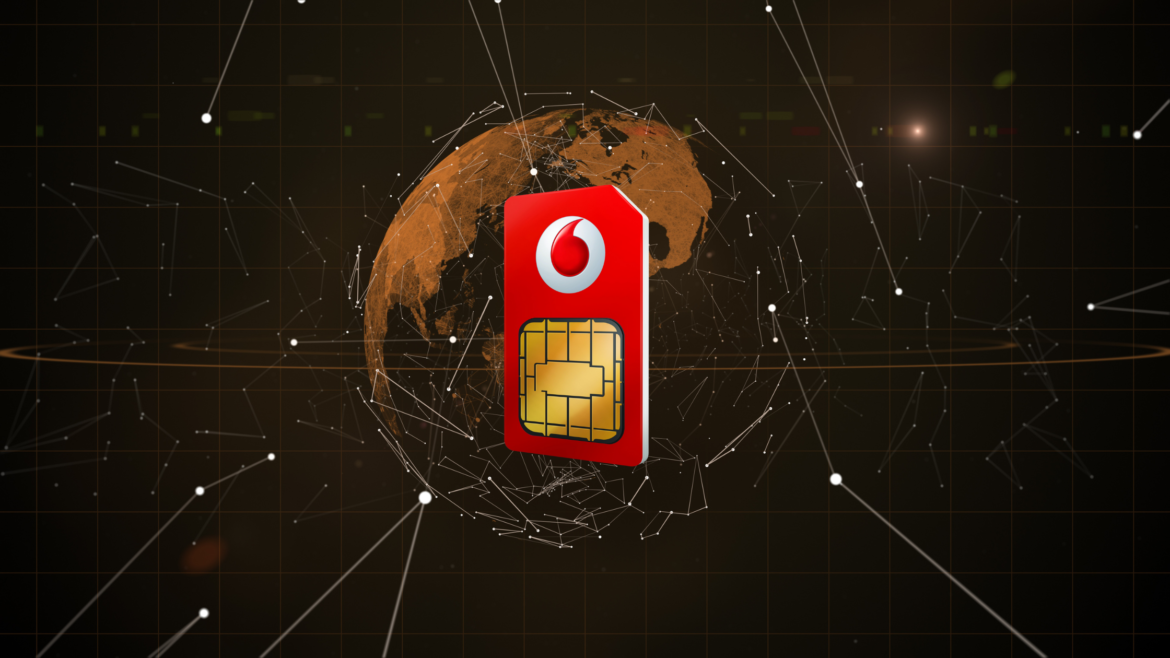KEY POINTS
Telecom giant Vodafone is reportedly integrating blockchain technology directly into SIM cards, potentially turning mobile phones into a secure and versatile digital wallet.
This news comes from a recent episode of Yahoo Finance, where David Palmer, Vodafone’s Blockchain Lead and PairPoint CPO, discussed the company’s plans.
Palmer highlighted the ever-growing importance of mobile phones, with projections estimating 8 billion devices in operation by 2023. He emphasized that these devices are becoming the main gateway to digital applications and commerce, making SIM cards a prime target for blockchain integration.
The discussion also shed light on the anticipated rise of blockchain-based digital wallets on mobile phones. Palmer predicts a significant increase, reaching 5.6 billion wallets by 2030.
This suggests a future where phones may become not just communication tools, but secure hubs for financial transactions.
The episode further explored Vodafone’s existing PairPoint Digital Asset Broker (DAB) platform. This platform allows for smooth transactions across various blockchains — both public (like Ethereum) and private — and empowers Internet of Things (IoT) devices with unique digital identities on a decentralized network.
Vodafone’s initiative may signify a push towards a future where SIM cards turn from simple network connection tools into secure and versatile platforms for managing digital assets and identities on the blockchain.
Vodafone isn’t alone in exploring the potential of Web3 technologies, with other telecom giants venturing into the space for entertainment purposes as well.
Last year, China Mobile Hong Kong took a step in this direction with the launch of LinkNFT, an enterprise-level marketplace specifically designed for NFTs (non-fungible tokens). Additionally, the company turned its MyLink’s metaverse into a virtual city, where NFTs play a role in user identities.
Similarly, SK Telecom, in 2022, launched its own metaverse platform, Ifland. The company is currently expanding Ifland’s reach globally, and in 2023, they secured international partnerships with key players in the telecom and tech sectors. This strategic move suggests a focus on crafting localized experiences within its virtual space.


